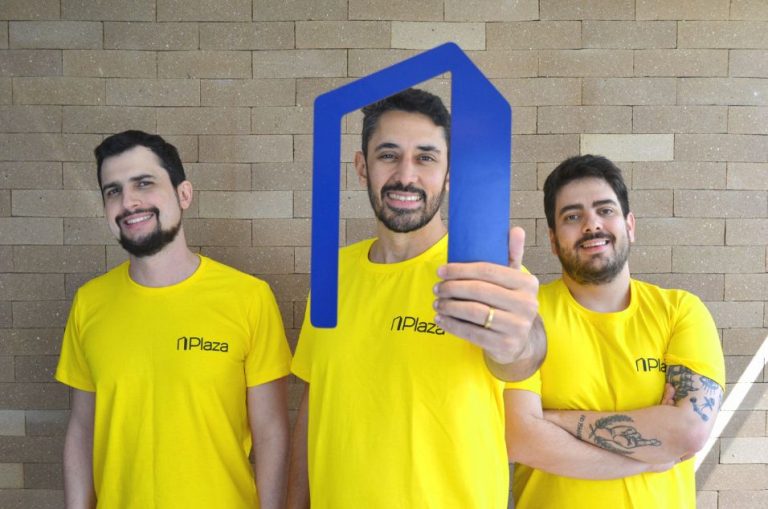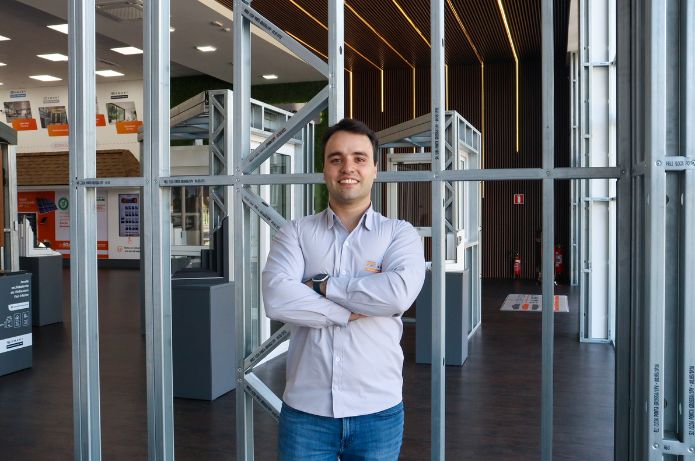In Brazil, there are about 9 million small and medium-sized companies, according to an estimate by Sebrae. Although many do not know or believe, the potential of these businesses is enormous. The proof of this is that, together, they represent 27% of the GDP (Gross Domestic Product) of the country. With the growth of the sector, technologies aimed at this specific audience also advance and even specialize. One of these examples is Artificial Intelligence (AI), which, although at the beginning seems somewhat distant, it is close to small businesses.
Some common problems in these businesses can be solved simply, as a fairly common impasse: the increase in sales coupled with the unprofessionalization of the sector. When a business arises, it is expected to succeed, but often the results are not measured and everything can get out of control due to the high number of customers, increased sales or unexpected profit.
As a result of the company not being prepared to receive a large amount of contacts, communication becomes flawed, both internally and externally Kommo, Management System offers a CRM (Customer Relationship Management, platform Customer Relationship Management in English), it offers some practicalities that rely on the use of AI and help, mainly, small entrepreneurs.
“A IA is here to stay, like it or not, this is a fact. In this scenario, there are two types of business. The first are those that will adapt and will be able to maintain themselves in this reality. And the second are those that will try to resist or will not be able to adapt. These may have serious losses”, he highlights Gabriel Motta, Kommo Speaker in LATAM.
Tools that use AI professionalize the company
One of Kommo's tools is the Rewriter, rewriter that allows even more proximity and interaction with the buyer, and reduce the difficulties that is dealing with different types of customers and needs during service. With it, it is possible to create the perfect message and the desired goal, improving spelling and performing grammatical corrections, or making the message more professional.
The Rewriter can be triggered and, with just one click, transform the message to make it feel: more friendly and witty, longer, shorter or simplified, or suggest changes to the text, such as word checking and inappropriate language, professionalism correction, tone adjustment, or make it more readable.
Another function available is the Summary, that sums up every conversation with customers and is a great way to recover chats past and save time to understand what was being addressed. Many quotes last for days, and having to return to the beginning every time you enter the conversation is an action that takes time. The function, just like the Rewriter, can be accessed with just one click on “sumo”.
The Suggested Answers they are also a way to use AI to save time.With it, the team can respond to customers faster and even with a creative response, which goes out of the routine and offers everything the company offers.
In addition to these tools, Kommo offers a wide variety of functions, such as SalesBot, which allows to create the so-called scripted in a practical and code-free way, it allows messages to be created and sent after a certain user command, maintaining a flow of conversation and improving interaction with potential buyers.
Democratising technology
Thinking of technology as something distant and accessible only to large corporations, is already an outdated view. Now, in addition to the functions created with AI, there are other technological tools that allow the entrepreneur to have control of the entire business and align their expectations and goals with the current reality of the company.
“Currently, technology and information are extremely democratic, making it easier to open and expand a business, even with few resources. If you, small or medium entrepreneur, have access to the internet, you will already have before you a huge range of platforms, software and mechanisms that can help you greatly”, says Gabriel.
The sales funnel it is one of the tools offered by the Management System and enables a broad and comprehensive view of the business. It is through it that a panel is created, and there, it is possible to have access to customers, tasks, social networks and even to the leads, which can be an extra help to those who are starting or seeking new directions. In this way, the person in charge can view everything with a broad and general look, without the need to unravel each sector.
The use of CRM also brings the integration of channels, unifying the social networks inboxes in one place and facilitating all the steps mentioned above, improving the customer experience. Often a conversation starts in one place, but soon remains in another, running great chances of conversations and information get lost. The integration of channels creates a kind of folder for each customer and enables better service.











